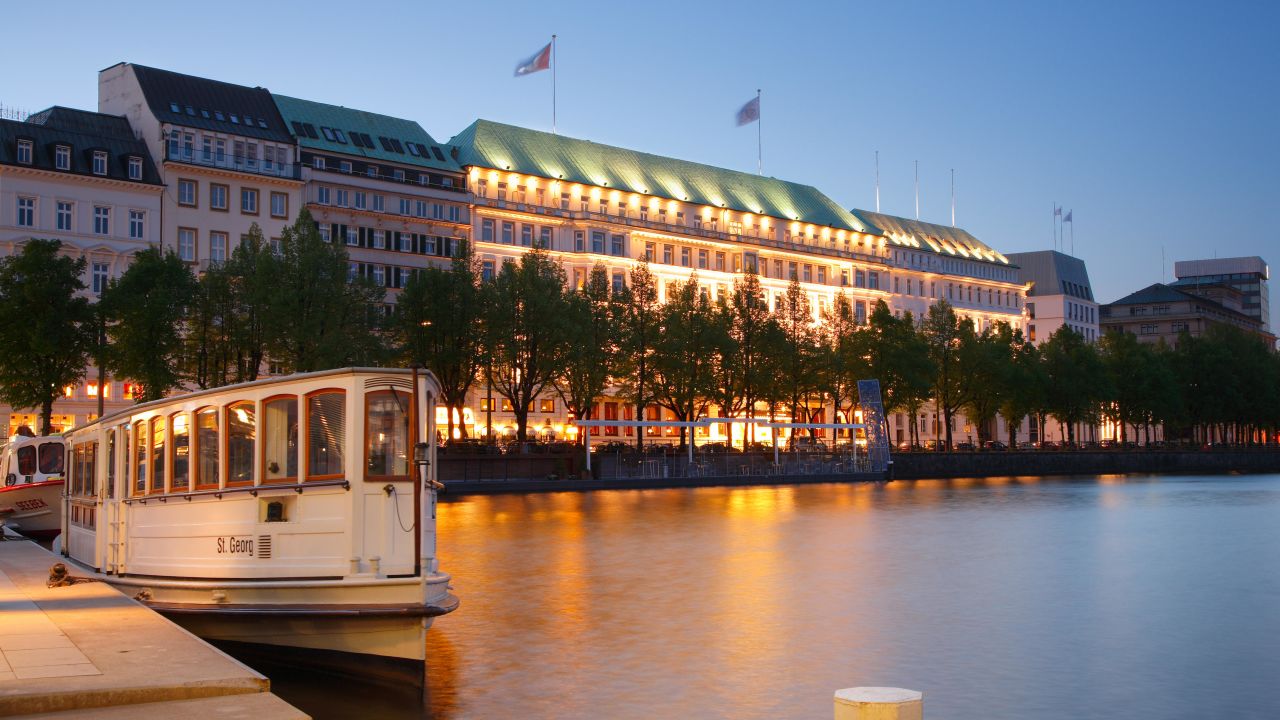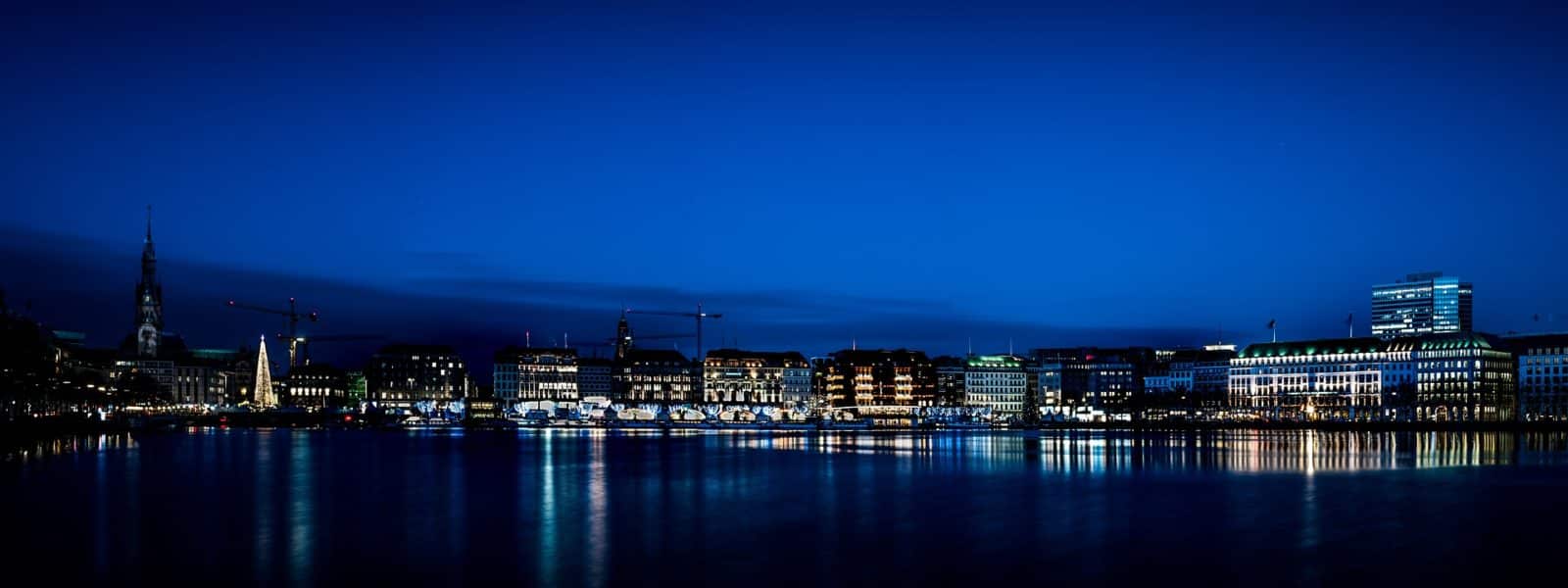Hamburg, Germany – 7 July 2017 –
Host hotel markets of the G20 summit have reported a greater impact on average daily rate than occupancy levels, according to an analysis from STR.
Ahead of the upcoming G20 in Hamburg, Germany (7-8 July), STR analyzed rolling seven-day averages for eight previous host markets. To point to potential outcomes for Hamburg, analysts excluded three markets (Cannes, France; Los Cabos, Mexico; and Serik, Turkey) to maintain the benchmarking focus on larger hotel markets. The seven-day rolling average methodology accounted for hotel business generated during the five-day lead up to each event as well as the two-day event itself.

“ADR was the driving factor in performance for all 11 previous G20 hosts, but it is interesting to note that spikes in hotel room prices were substantially higher during the past three G20 summits,” said Robert Bauer, senior analyst for STR. “While host markets routinely receive a performance boost in the days leading up to the event, Hamburg stands a very good chance to see additional benefit due to the event running into the weekend. There was a substantial uplift for Brisbane in 2014, for example, when the G20 fell on a Saturday and Sunday (15-16 November). Averaging those two days, Brisbane’s occupancy level reached 95% (+29%), while ADR was AUD460.88 (+172).
Among the eight host markets included in the analysis, Saint Petersburg, Russia, reported the most notable lift in performance. During the seven-day host period in September 2013, the market posted a 286% increase in ADR, which coupled with a 4% increase in occupancy, resulted in a 302% rise in revenue per available room (RevPAR).
During its host week in November 2014, Brisbane, Australia, experienced a 121% increase in ADR and a 9% rise in occupancy, resulting in 141% growth in RevPAR.
When looking at individual segments, the G20 summit typically has a greater impact on Group business (bookings of 10 or more rooms at once) than Transient business. According to Bauer and fellow STR analysts, delegates often rent entire properties to accommodate their staff and security teams. For example, Toronto (June 2010) recorded a 361% increase in Group occupancy during its seven-day host period, while Transient occupancy declined 57% over the same span.

